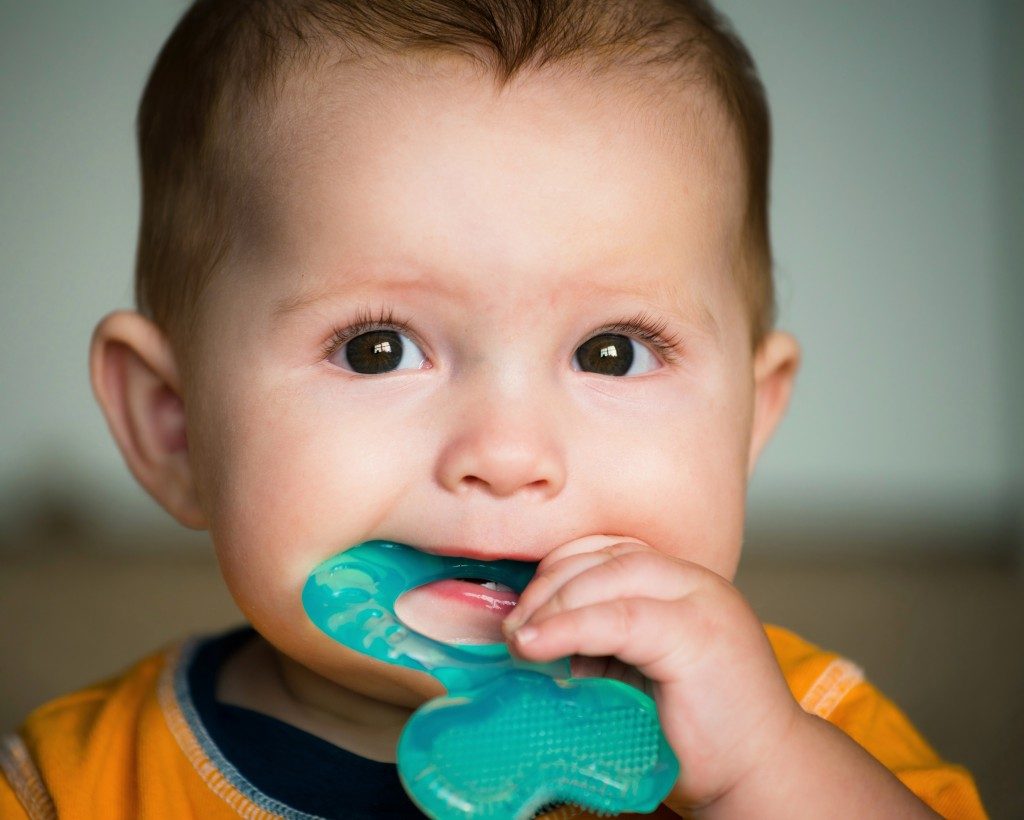Swollen, tender gums, excess drooling, and fussiness and crying are some of the common symptoms of teething, tells a top pediatric dentist in Salt Lake. Teething might then mean sleepless nights for both baby and parents.
Rubbing Numbing Medications on Your Child’s Gums
When teething becomes rough for baby and caregivers, parents are tempted to reach for medications. But, does a teething baby need medicine on her gums?
Teeth Eruption as a Part of Childhood
Baby teeth are expected to start coming through when a child is 6–12 months of age. Don’t rub medicines on your child’s gums when it’s time for teeth that have been under her gums to start erupting.
The Dangers of Teething Medications
The Food and Drug Administration warns parents and caregivers against using teething gels and tablets. Many oral meds used to treat teething pains contain either benzocaine or belladonna.
These local anesthetics can be dangerous to infants. Benzocaine can, for instance, cause methemoglobinemia, a serious and sometimes fatal blood disorder.
Teething Products Wash Out Easily
Teething babies drool a lot. Any product you rub on the child’s gums will therefore not be very useful for treating her some gums. The product will wash out of the kid’s mouth within minutes.
How to Ease Your Infant’s Discomfort
Schedule a visit to a pediatric dentist as soon as your child’s first tooth arrives. The dentist will give you tips on how to take care of the kid’s mouth during teething.
Those tips may include how to massage the child’s gums, how to use teething rings, and how to keep the gums cool.
Avoid rubbing numbing medications on babies’ gums. Local anesthetics in teething medications can be dangerous to kids under the age of 2. Also, these products offer minimal to no benefit. Talk to a pediatric dentist about teething.

